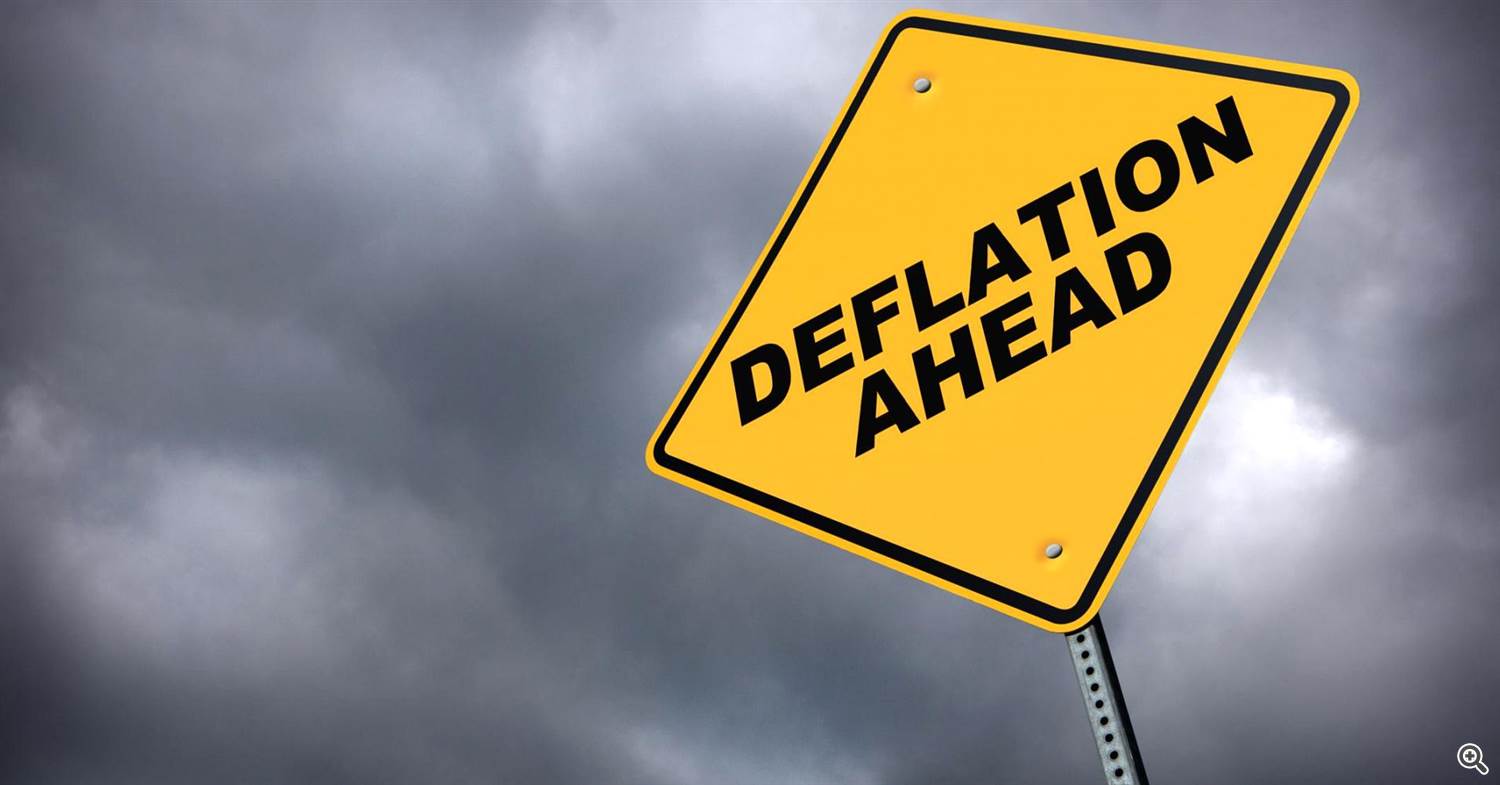
Many economists start to believe deflation is getting entrenched in
Europe, as it already has been in Japan for more than ten years. The debate regarding the ways it affects the global economy has been going on, while another interesting question is how deflation will change the
markets.
Investors' profits will stop rising all the time, small companies will be favored over big, companies that have geared up with debt will get punished, and sectors such as retailing will do better than manufacturing and resources.
It looks as if deflation is becoming the norm
across much of Europe. The
eurozone saw deflation of 0.3% this month, continuing a monthly trend
where prices fall at an absolute rate.
Greek prices are
falling at 2.1% a year, and have been going down for two years now.
Spanish prices were down 0.7% in March. Germany managed to eke out 0.2%
in price rises in March, ending three deflationary months, but the
European Central Bank’s 2% inflation target still looks a long way off.
Data released this week indicated that the British inflation was at precisely 0% for the second month in a row, and it is now expected to be in outright deflation by the summer.
Of course, falling prices in Europe may be a short-term trend.
The
plunge in the price of oil has certainly pushed the rate down, though the oil impact is expected to fade later this year. Mass
unemployment has kept wages low, but, as the eurozone recovers, wages may pick up. New technologies and new players made
many markets more competitive, forcing companies to slash prices.
It is still not very clear though whether that will end deflation, but the U.K. figures that suggest it may linger. Britain is growing at a respectable rate, and is creating lots of jobs. In fact, Europe looks a lot like Japan, with a mature, aging,
low-growth economy. And despite massive efforts of policy makers and money printing, in was still down to zero in March, after being stuck in deflation for many years. The same scenario could be applicable to Europe.

If deflation stays for longer, markets will be impacted in four main ways.
1) Companies will not grow automatically, and markets will have to take it into consideration. With prices ticking up by 2% or 3% a year, so long as a CEO managed to make a couple of small acquisitions, and open a new factory or a few shops, it wasn’t usually too hard to get sales up 5% a year, and that was seen as a good result. With deflation, that is going to be very hard. In fact, a decline of 1% or 2% a year is perfectly respectable in an economy where prices generally have stopped rising. CEOs should no longer be automatically kicked out of their jobs because sales and profits have slipped a bit.
2) Big companies will cease to be as favorable as small ones. In a deflationary
economy, companies that have genuine sales growth will become a lot more
valuable. Expansion will be a lot harder, and the few companies that
manage to achieve it will be sought out. While there are a few big
companies such as Apple that manage to grow significantly every year,
they are very rare. Nearly all the genuinely high-growth companies are
small — because it is far easier to expand when your sales are a few
million rather than a few billion. Far more than technology, or emerging
markets, small companies will become the hot sector for the first time
in years. And the lumbering giants of the FTSE or the DAX will start to
seem even more, well, lumbering.
3) Debt will become unpopular. It made sense for
companies, much like individuals, to load themselves up with as much
debt as possible when it was inflation, as rising prices would eventually eliminate it.
However, with deflation, debt is painful. Its value rises in
real terms steadily every year. Companies
will become debt adverse in a while, using retained profits to finance investment,
and dropping tricks like share buy-backs using borrowed cash. The
private-equity houses will disappear — without debt, they don’t have a
business model. Indeed, a lot of financial engineering doesn’t work with
deflation — which is probably a good thing.
4) Sectors will start to diverge. Cheaper stuff from retailers, who are used to constantly changing sticker prices mean they will eventually perform better. Overall, companies that are relentless on costs will do best, while manufacturers, natural resources and banks will discover no one wants their debt any more.
Many economists will tell you prices
will be rising again in 2016. But they all also failed to forecast
deflation. And if the deflationary tendency is not a blip, but a long-term thing, the above mentioned factors will be the first to take effect.


